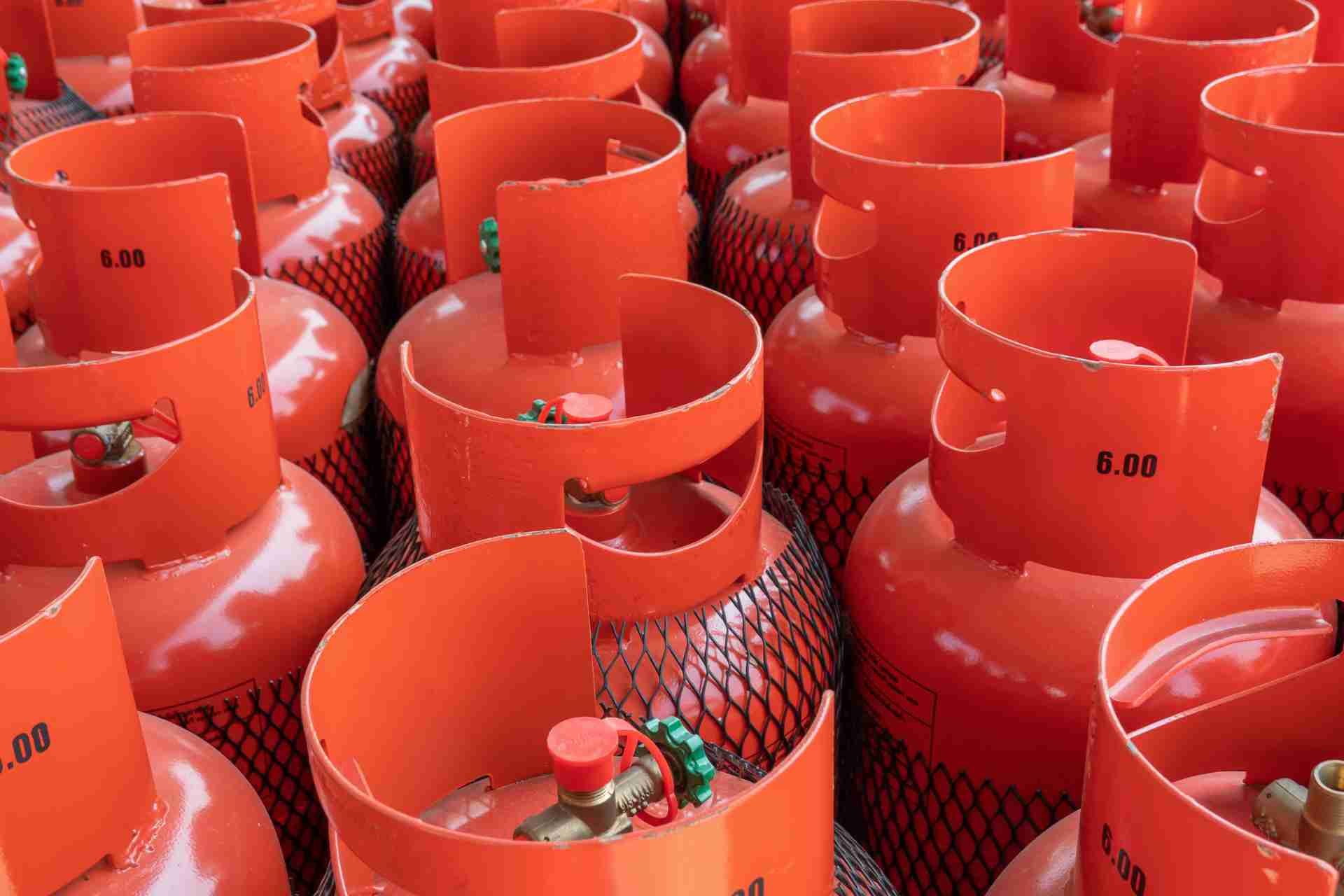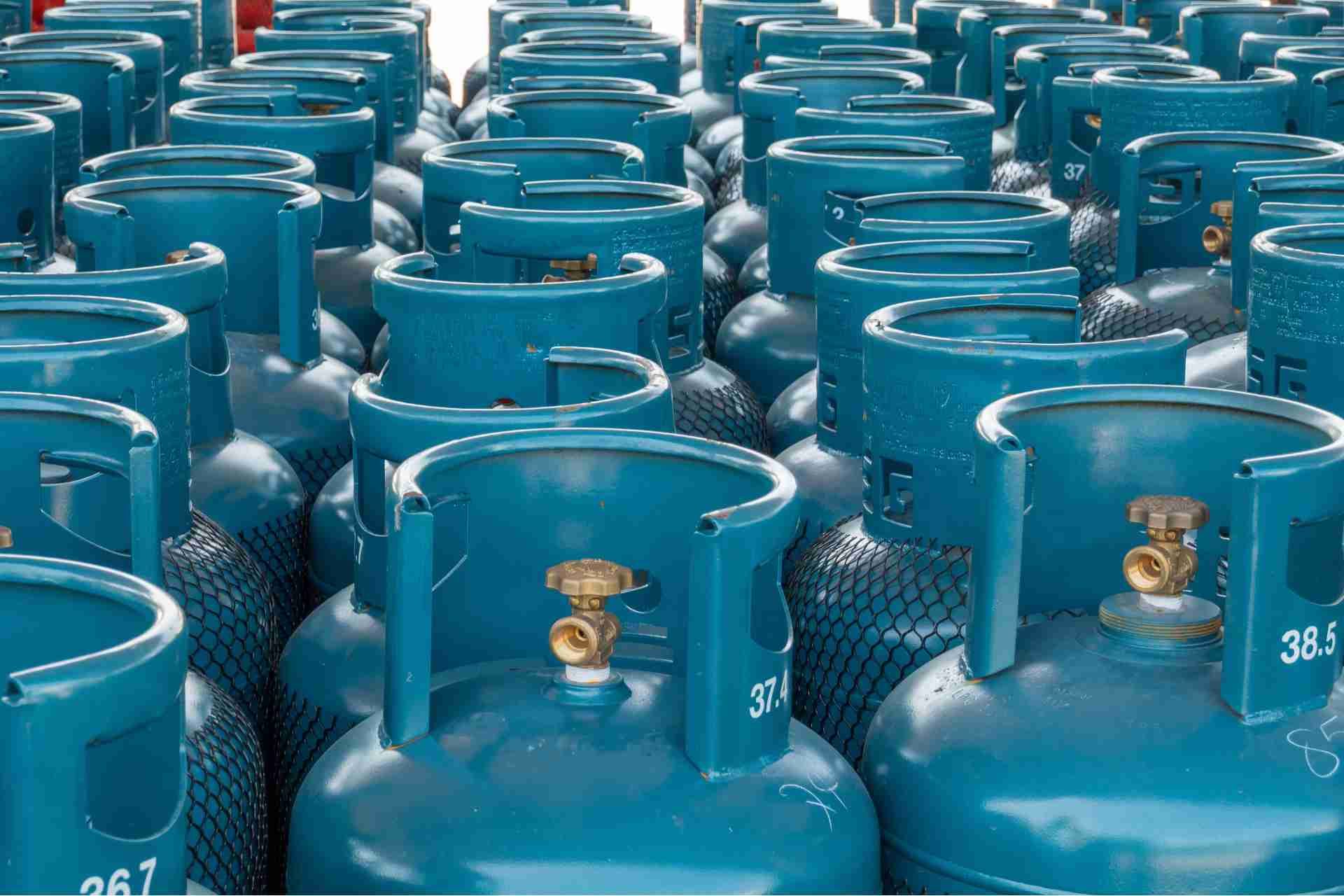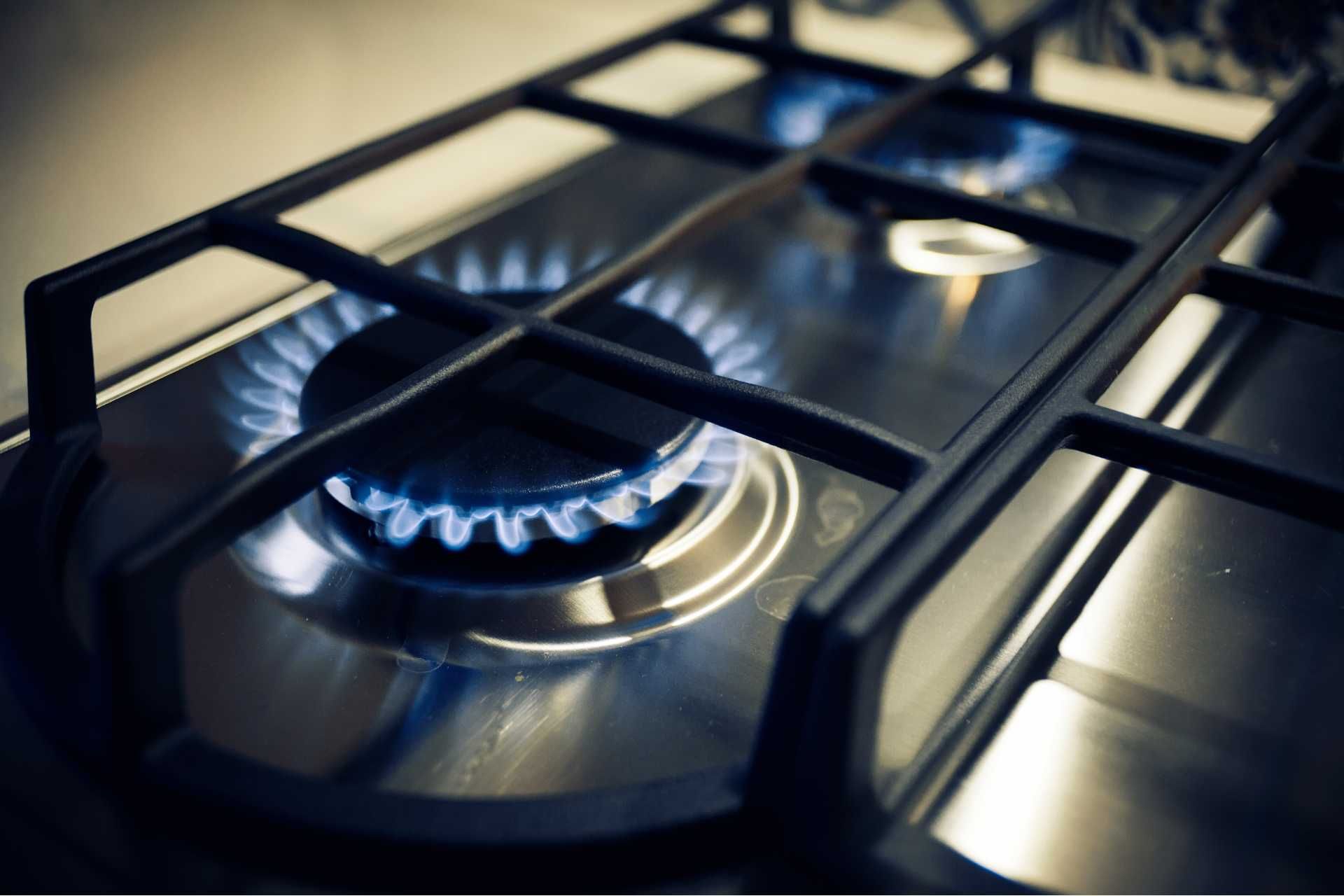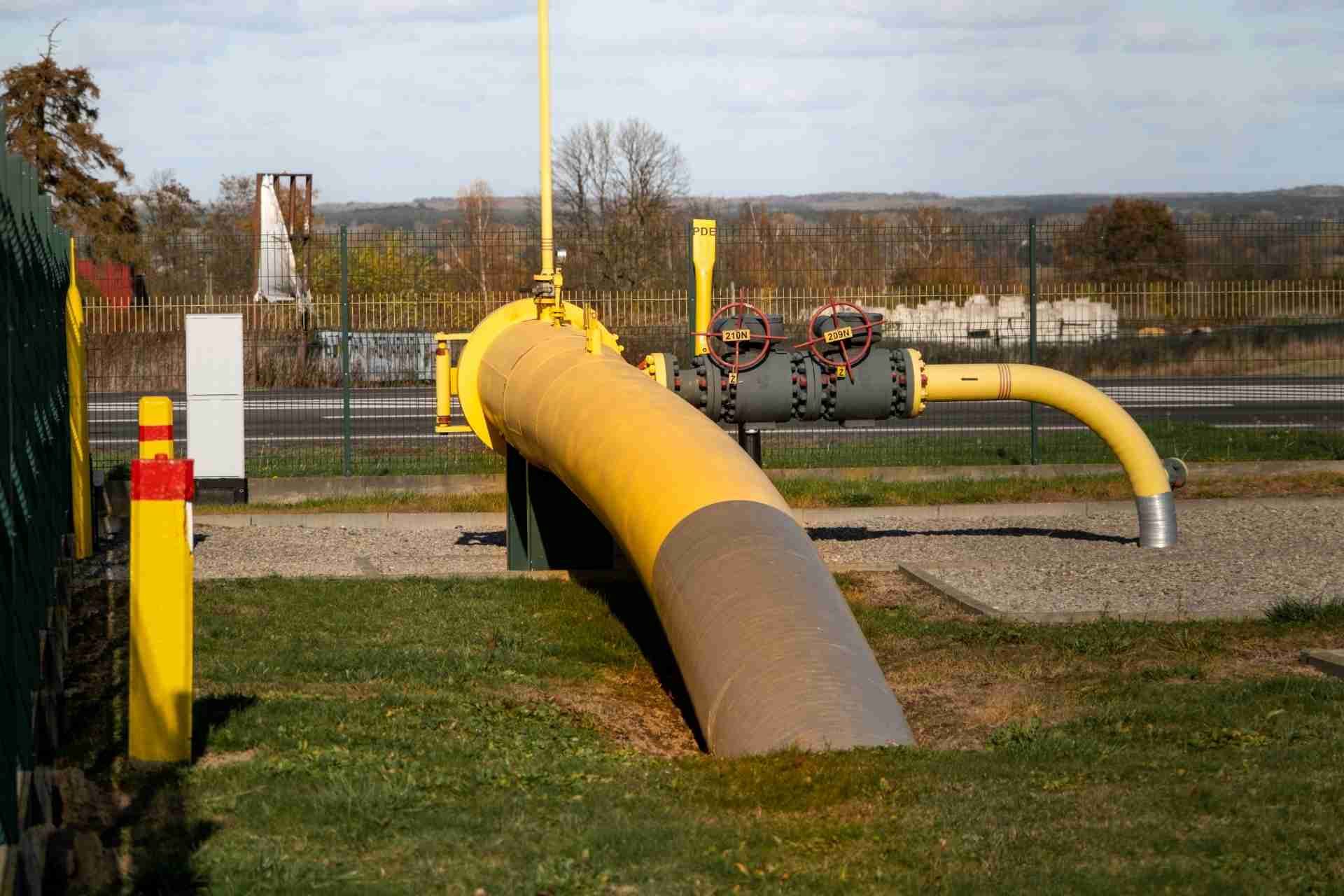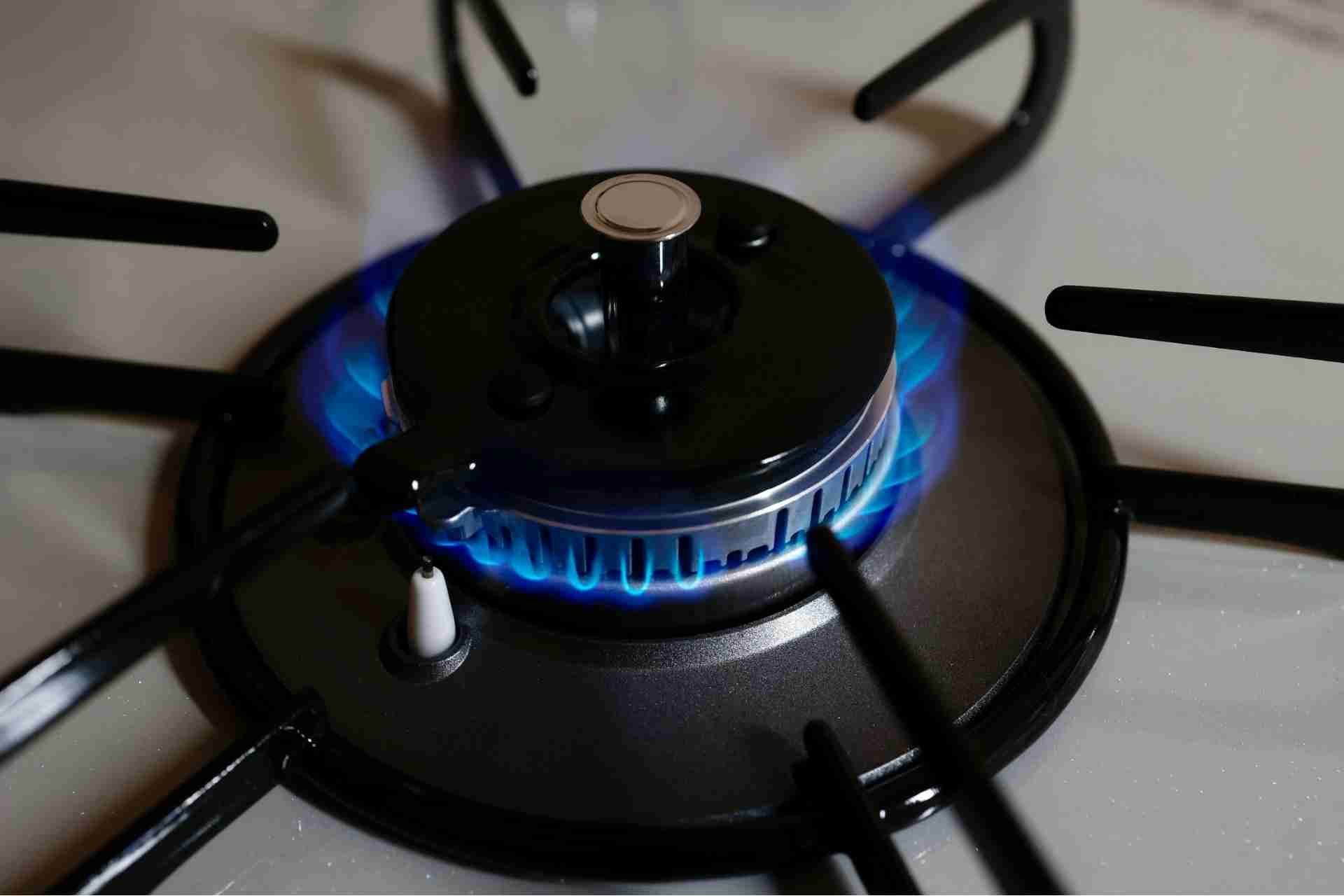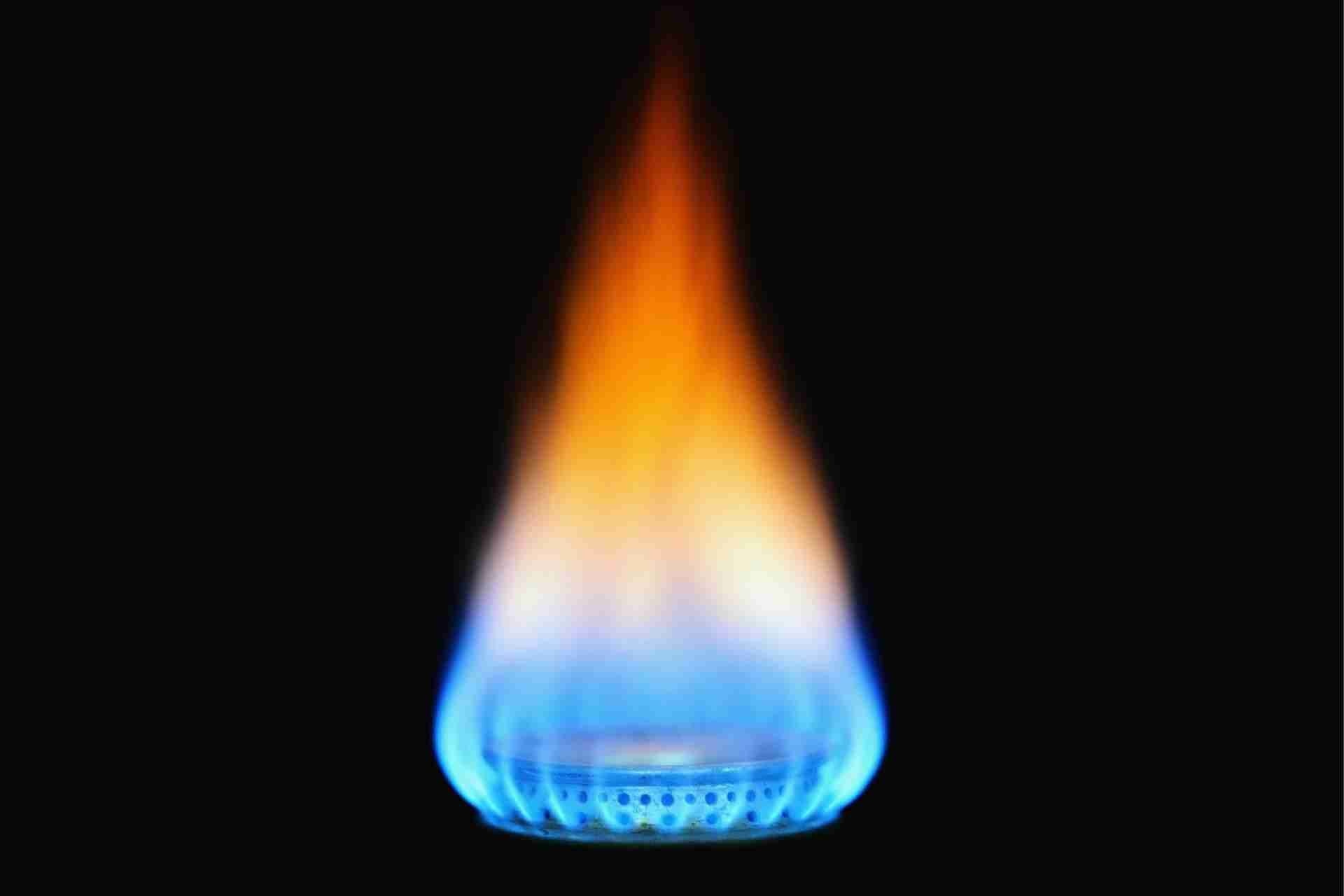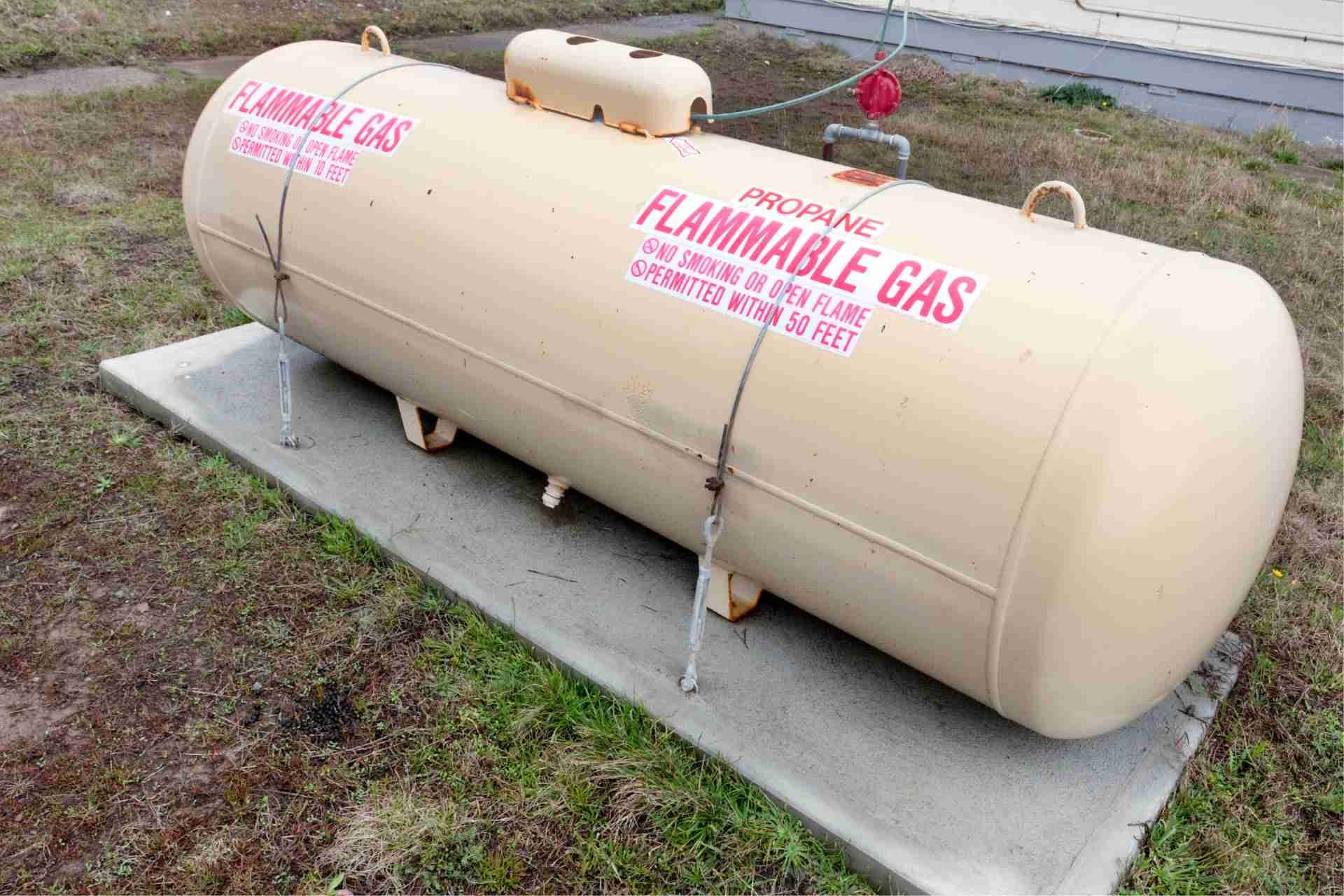Is Propane Gas Toxic?
Propane gas is a commonly used fuel source for heating, cooking, and powering vehicles. It is derived from natural gas processing and petroleum refining and is stored in liquid form in pressurized tanks. Propane is known for its high energy efficiency and clean-burning properties, making it a popular choice for both residential and commercial use.
However, many people may wonder about the safety of propane and whether it is propane gas toxic. Let's tackle the potential health hazards of propane gas and provide information on how to use and handle this versatile fuel safely.
What is Propane?
Propane is a hydrocarbon gas that is a byproduct of both natural gas processing and crude oil refining. It is a colorless and odorless gas in its natural state but is typically treated with an additive called ethyl mercaptan, which gives it a distinct smell of rotten eggs. This odor is added for safety reasons, as propane is highly flammable and odorless gas poses a significant risk for leaks.
Is a Propane Gas Toxic?
Propane gas is not considered toxic when used for its intended purpose as a fuel for heating, cooking, and other applications. However, inhaling high concentrations of propane gas can cause dizziness, headaches, and difficulty breathing. In extreme cases, it can lead to asphyxiation or even death. It is important to handle propane gas with caution and ensure proper ventilation when using it.
Health Hazards of Propane Gas
Some of the potential health risks associated with propane gas include:
Inhalation
Breathing in propane gas can cause respiratory irritation, dizziness, nausea, headaches, and difficulty breathing. In severe cases, inhalation of propane gas can lead to chemical pneumonia or asphyxiation.
Skin irritation
Propane gas is highly flammable and can cause skin irritation and burns upon contact. Exposure to liquid propane or escaping gas can cause frostbite or chemical burns on the skin.
Eye irritation
Contact with propane gas can cause eye irritation, redness, and burning. In severe cases, exposure to propane gas can cause eye damage and vision impairment.
Fire and explosion
Propane gas is highly flammable and can easily ignite if exposed to an open flame, spark, or heat source. In the event of a propane gas leak or explosion, it can cause severe burns, property damage, and even fatalities.
Carbon monoxide poisoning
Incomplete combustion of propane gas can produce carbon monoxide, a colorless, odorless gas that is toxic to humans. Exposure to high levels of carbon monoxide can lead to symptoms such as dizziness, confusion, headaches, and in severe cases, death.
Occupational hazards
Workers who handle propane or work in environments where propane is used are at risk of exposure to its hazards. Proper training, protective equipment, and safety protocols should be followed to minimize the risk of accidents and injuries.
Environmental hazards
Propane is a greenhouse gas and can contribute to air pollution and climate change if released into the environment. Spills or leaks of propane can also contaminate soil, water, and aquatic ecosystems.
Proper use and handling of propane gas safely
- Store propane cylinders in a well-ventilated area away from heat sources, open flames, or other flammable materials.
- Always check for leaks before using propane equipment. You can do this by applying a solution of soapy water to the connections and watching for bubbles, which indicate a leak.
- Never store propane cylinders indoors, as this can lead to a build-up of gas and pose a risk of fire or explosion.
- When transporting propane cylinders, always secure them in an upright position and make sure they are not rolling around in the vehicle.
- Do not use propane equipment in enclosed spaces without proper ventilation. This can lead to a build-up of carbon monoxide, which is a colorless, odorless gas that can be deadly.
- When connecting or disconnecting propane cylinders, always make sure the valve is turned off and use proper fittings and tools to ensure a tight seal.
- Keep propane equipment clean and well-maintained, following manufacturer's instructions for regular maintenance and inspections.
- When using propane equipment, always follow the manufacturer's instructions for proper usage and storage.
Call Koopman & Sons Gas for Safe Propane Products
For safe propane products, call
Koopman & Sons Gas at (605) 446-3265!. Our experienced team can provide you with high-quality propane products and expert advice on their safe use. Your safety is our top priority. Contact us today for all your propane needs.
